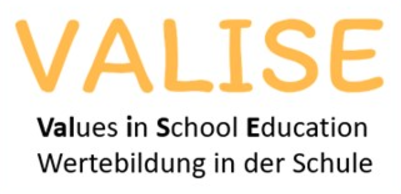Authors:
Stefanie Habermann, Anat Bardi, Anna Döring, Emma Jones and Matthias Steinmann
Goal of the report:
This report presents preliminary findings from the VALISE study, with a focus on understanding research conducted within UK primary schools.
Findings:
- Children’s value priorities:
Like adults, children in the UK sample consistently ranked benevolence (caring for others) as their most important value, with power (status and control) ranked the least important. Boys and girls shared these general rankings, but there were also some gender differences. For example, security values were more important to girls, while boys prioritised stimulation. - Teachers’ value-related educational goals:
Teachers highlighted universalism, benevolence, and self-direction as the most important values to encourage in their students, reflecting the importance of teaching fairness, kindness, and independent thinking. Values like power and hedonism were considered less important. - Alignment between children’s and teachers’ values:
Both teachers and children prioritised benevolence and universalism, reflecting shared goals of promoting kindness and fairness. However, differences emerged for other values: children placed more importance on hedonism (having fun) and security, while teachers emphasised self-direction and stimulation (intellectual curiosity). - School climate perceptions:
Children and teachers differed in their opinions of the school climate. Children generally saw their school environment as focused on stability and tradition, while teachers described it as being support-oriented and focused on kindness and collaboration. Both groups agreed that performance-oriented values (like achievement and power) were less encouraged.
